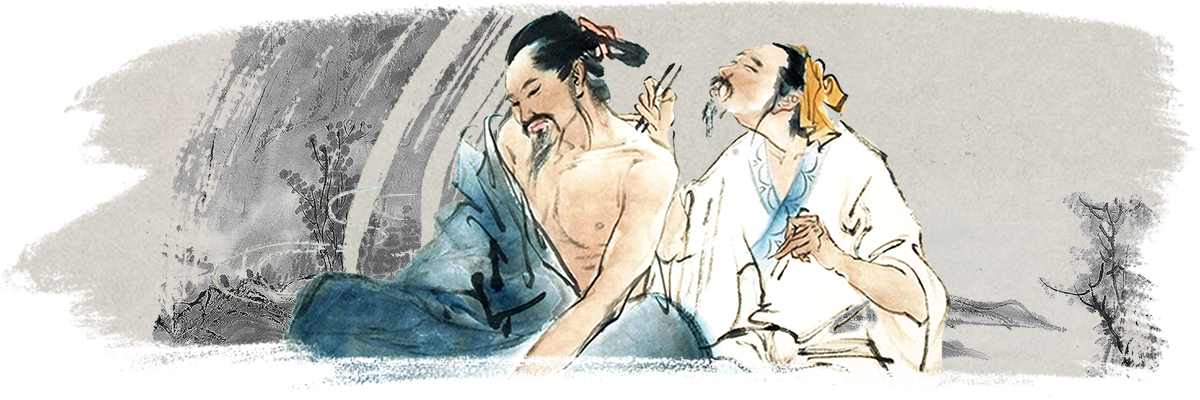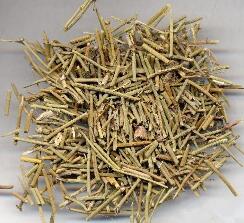Free&News

Side Effects Raise Flag on Dangers of Ephedra 1
The herb is called ephedra, or Mahuang, and it comes from a shrublike plant grown widely in Asia. It can be found in more than 200 diet supplements, in pills and powders, drinks and diet bars, for sale in health food stores and on the Internet.
Its advocates say it decreases appetite, raise metabolism, improves concentration, burns fat and even enhance sexual performance. In thousands of postings on the Internet, users praise it for raising their energy, helping them lose weight and sharpening their muscle tone.
But to its critics, ephedra is potentially dangerous substance that urgently needs more study and regulation. They point out that its active ingredient, ephedrine, is a central nervous system stimulant similar to amphetamine, and they say reactions to it can vary widely.
Ephedrine has been widely studied over the past few years, and studies suggest that it can produce a wide array of possible side effects, including anxiety, insomnia, hypertension, tachycardia, psychosis, kidney damage, dependency, heart attack, stroke and death. And the Federal Food and Drug Administration says it has received hundreds of reports from physicians, health authorities and others about adverse reactions to ephedrine-based products.
Critics and proponents alike agree on one thing: ephedra is flying off the shelves. Metabolife International Inc., a 5-year-old San Diego company that sells an ephedra based pill called Metabolife 356, says this year’s sales will reach $900 million.

International acupuncture education






